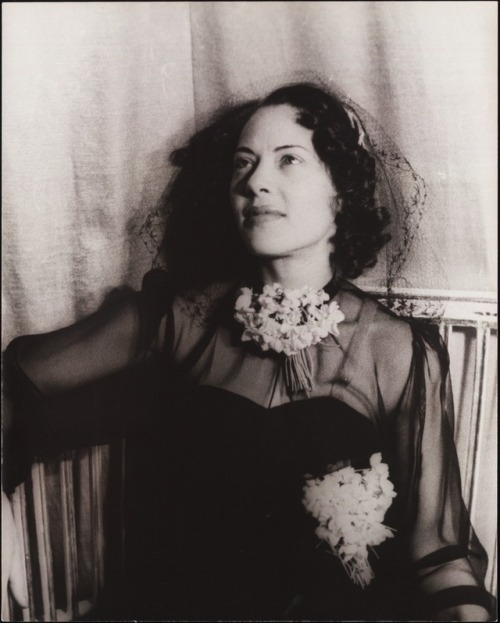

However, she continued to speak out against discrimination in the industry. Other officers included Duke Ellington, Louis Armstrong, Ethel Waters, Robeson and Adam Clayton Powell Jr.ĦIn 1939 Washington appeared with Waters in the play Mamba’s Daughter and in 1946 had a lead role in an all-Black Broadway production of Lysistrata, which would mark the end of her stage and film career. After co-starring with Robinson in One Mile From Heaven she immersed herself in civil rights and in 1938 became one of the founding members and later the executive director of the Negro Actors Guild. ’ 1ĥInstead she continued to openly challenge Hollywood’s color line. She’d later write: ‘Frankly, I do not ascribe to the stupid theory of white supremacy and try to hide the fact that I am a Negro for economic or any other reasons.
FOCUSED BY FREDI SKIN
In 1937 her skin was darkened for her co-starring role in One Mile from Heaven with Bill Robinson. The Hays Codes made life especially challenging for Washington, whose green eyes and pale complexion rendered her too light to be cast in films with all-Black casts.


This was in part due to Hollywood’s Hays Codes, which, beginning that year, explicitly prohibited the depiction of miscegenation in film. However, after achieving critical acclaim for her performance Washington was routinely passed over for lead roles. Two years later she returned to the United States and starred in a string of successful films and plays including the short film Black and Tan Fantasy with Duke Ellington (1929) Black Boy starring Paul Robeson (1930) Emperor Jones with Robeson again (1933) and Drum in the Night (1933) with an equal number of plays, including Singing the Blues (1930), Sweet Chariot (1930) and Run Lil’ Chillun (1933).ģWashington’s stardom was secured with her performance as Peola, the tortured bi-racial daughter who passes for white in Imitation of Life, the 1934 feature film starring Claudette Corbert and Louise Beavers. When the show closed she sailed to Europe to tour with her dance partner Al Moiret. In 1919 Washington launched her own career as a chorus girl in Harlem’s Alabam Club, and, in 1926, landed a coveted role in the landmark Broadway play Shuffle Along. But despite her trailblazing work on stage and screen beginning in the 1920s, Washington has largely been forgotten as one of the pioneering African-American leading ladies, and for her noteworthy civil rights activism.ĢThe eldest of five children, Washington was born in Savannah, Georgia in 1903 and relocated to Philadelphia aged eleven following the death of her mother, a former dancer. Courtesy of Schomburg Center, New York Public Library.ġNearly eight decades before #OscarsSoWhite focused attention on the dearth of roles for Blacks and other people of color in Hollywood, actress Fredi Washington became one of the most vocal critics of the industry’s racial bias.


 0 kommentar(er)
0 kommentar(er)
